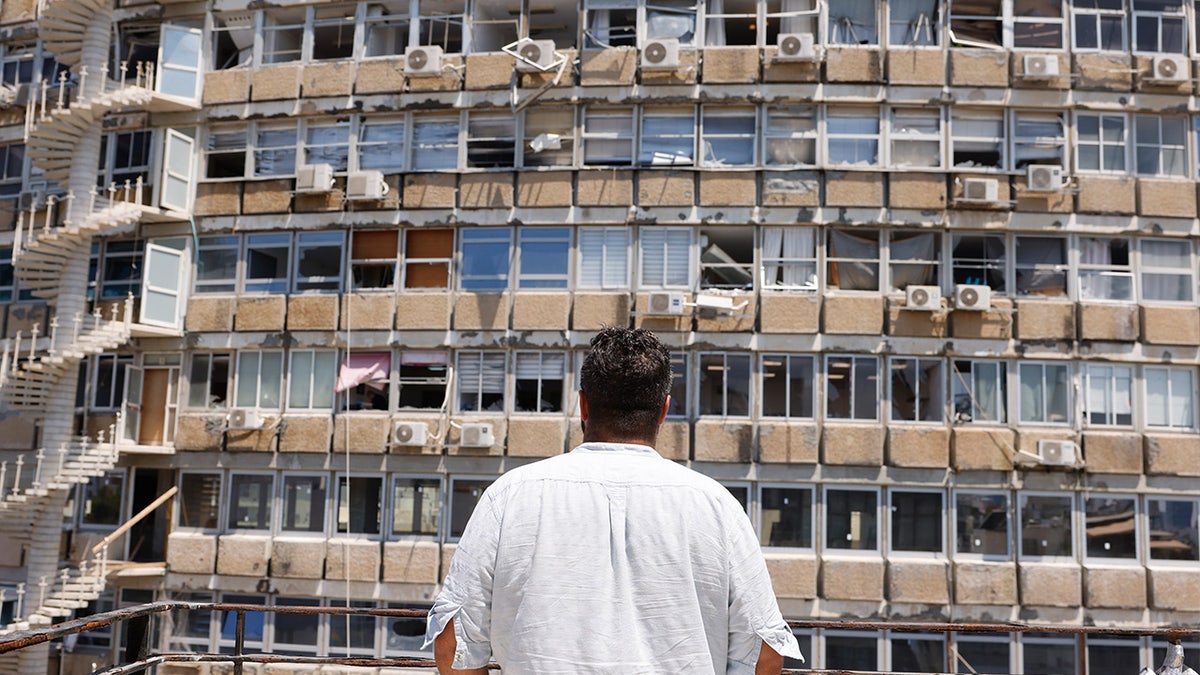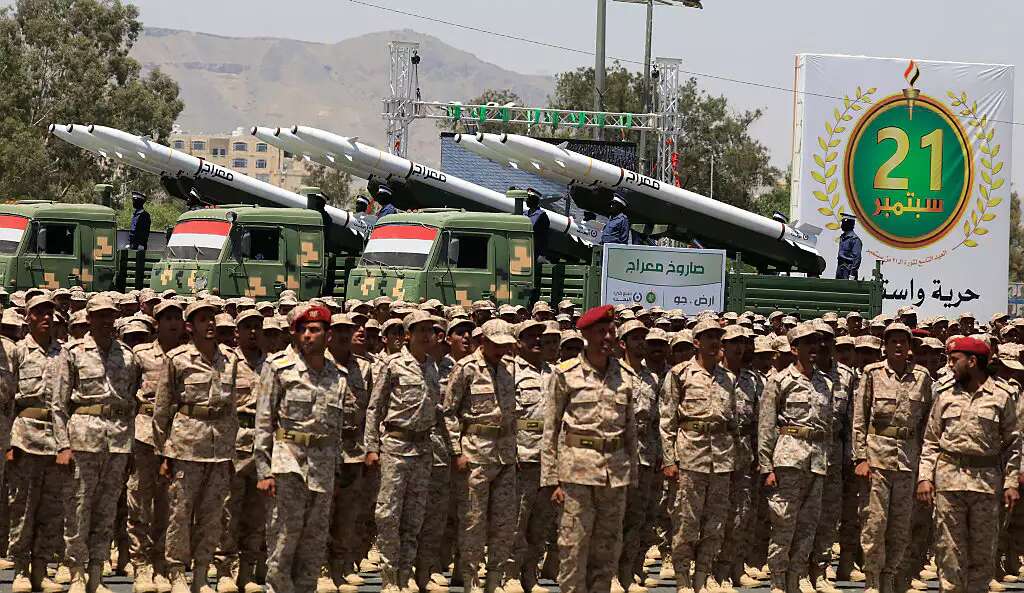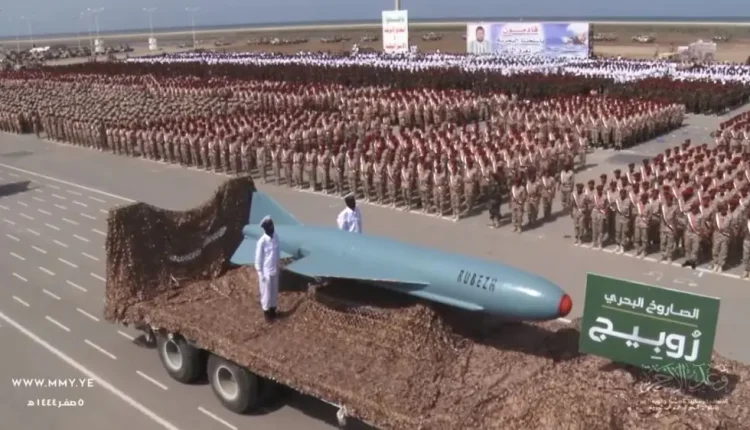The Houthi drone strike is an opportunity for Israel
Amidst the attack that resulted in a civilian's death, Israel has an opportunity to fundamentally change its passive policy towards the Houthis.
Shachar Kleiman
Israel Hayom
Jul 19, 2024

A pedestrian looks at damage to apartment windows following a drone strike near the U.S. embassy in Tel Aviv, Israel, Friday, July 19, 2024.
Team members from the ZAKA remove the body of a person killed in a drone attack on Tel Aviv on July 19, 2024
The Houthi drone attack in Tel Aviv is a troubling reminder of this growing threat since the outbreak of the civil war in Yemen in the previous decade. The militia, known as "Ansar Allah," has received increasing military and logistical support from Iran and Hezbollah, enabling it to seize vast areas in Yemen proper and amass a massive arsenal of arms. This has created a new regional threat comprised of ballistic missiles, remotely controlled vessels, and advanced explosive drones that can travel hundreds of miles.
The pro-Iranian militia is controlled by an extremist group within the Zaidi sect in Yemen (a Shia faction), which sees itself as the successor of the Prophet Muhammad and destined to rule the entire world in the future. The group's leaders, from the al-Houthi family, studied in the Islamic Republic of Iran. Upon their return, they instilled hatred towards Israel and the U.S. in the population and spread anti-Semitic messages. The result was the marginalization and harassment of the Jewish community in Yemen, which has nearly disappeared.

Houthi troops in Yemen.
While the U.S. and the UK occasionally strike tactical targets in Yemen, mainly in the port city of Al-Hodeidah, the airstrikes focus on launchers and rocket stockpiles. However, the leadership of the Houthis has not been harmed at all, and in the West (certainly in the U.S.), there is no rush to send ground forces to support the pro-Saudi government in southern Yemen. The term "governmental alternative," often touted as a magic solution to terrorist organizations, has not been effectively implemented.
Houthi military parade in Yemen
It is likely that the Americans and the British will respond with some form of strike in Yemen to appease the Israeli side, and primarily to keep Jerusalem out of the equation. However, this strike, no matter how powerful, will not eliminate the Houthi threat, which has grown more confident since last October. In fact, the pro-Iranian Al-Mayadeen network reported that they are threatening to attempt more launches towards Tel Aviv.
The Houthis' confidence is also reflected in their escalating threats towards Saudi Arabia in recent weeks. The militia leader, Abdul-Malik al-Houthi, responded to the economic sanctions of the pro-Saudi government in southern Yemen by threatening to attack Riyadh's airport. This week, he also hinted that he could disrupt Crown Prince Mohammed bin Salman's flagship project, known as "Vision 2030." This means compromising the kingdom's security and thus harming the tourism sector - one of the royal family's central goals in recent years.
Amidst the failure that resulted in a civilian's death, Israel has an opportunity to fundamentally change its passive policy towards the Houthis, who have not been attacked even once in the seventh theater of war. Israel can also use this moment to strengthen its ties with Gulf governments – particularly Saudi Arabia, the United Arab Emirates, and even the pro-Saudi government in Aden, Yemen. A first step in this direction would be the obvious one – to designate the Houthis as a terrorist organization. A move that, to the astonishment of many, has not yet been done in the Knesset, despite numerous launches towards the state.


No comments:
Post a Comment